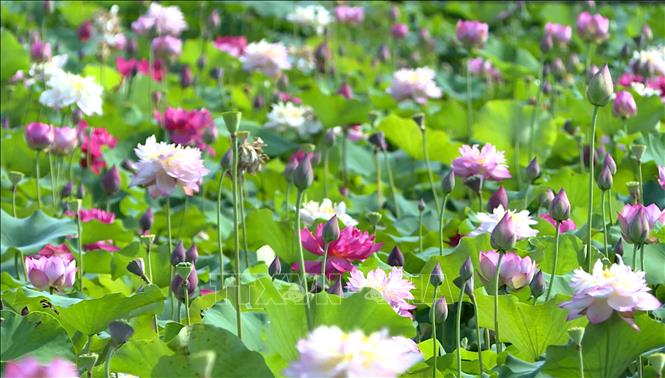
With an area of about 6 hectares, Van Dai lotus field grows many different types of flowers, creating a colorful picture. Photo: The Duyet/VNA
When agriculture combines with tourism and culture
Previously, the fields of Van Dai village, Chi Hoa commune, Thai Binh province (now Hong Minh commune, Hung Yen province) were low-lying areas with low efficiency in rice cultivation. In 2021, Van Dai Lotus Cooperative boldly made a dramatic transformation, from growing rice to growing lotus and other flowers and ornamental plants.
Not following the path of mass production, this Cooperative chose to go step by step with a strategy of "3 preserves - 4 changes", including preserving people, preserving land, preserving culture; renewing production thinking, renewing crops, renewing technology and renewing modern management methods.
Under the guidance of Associate Professor, Dr. Dang Van Dong, Deputy Director of the Institute of Vegetable Research, after a short time, the Van Dai lotus field with about 6 hectares became a model agricultural model of the locality, a living "museum" of rare and famous lotus species in Thai Binh province (old). In which, the Cooperative has painstakingly selected and planted many different types of lotus, each lotus plot is dedicated to a variety, creating a picture of many colors and flavors, from popular lotus varieties such as white royal lotus, pink hundred-leaf lotus, white pink lotus, white Japanese lotus. The Cooperative also owns rare lotus varieties with unique beauty such as thousand-petal lotus and thousand-petal lotus - symbols of purity and luck.
The diversity lies not only in the species but also in the purpose of each lotus variety with varieties for flower arrangement for fresh beauty, varieties for tea flowers for delicate flavor, varieties for seeds for high nutritional value, varieties for shoots and tubers for culinary purposes, and finally, lotus varieties for decoration to beautify the space. Thanks to systematic and scientific investment, lotus plants bring economic value and stable income to the members of the Cooperative.
Ms. Nguyen Thi Chien, Deputy Director of Van Dai Lotus Cooperative, said that linking agricultural production with experiential tourism has been one of the Cooperative's breakthrough directions since its early days. The Cooperative's vast lotus field is not only a production site but also an attractive tourist destination, especially when the field surrounds the temple of Princess Dieu Dung, daughter of King Tran Nhan Tong - a provincial historical and cultural relic. This combination creates a unique space, where visitors can both admire the beauty of lotus and immerse themselves in the flow of history and culture.
Ms. Do Phuong Thuy, a tourist from Hanoi, shared that in addition to enjoying and relaxing in the fragrant and peaceful lotus pond, she and her family also heard meaningful historical stories about Princess Dieu Dung and the unique mating custom of the people of Van Dai village (formerly Chi Hoa commune) - where Princess Dieu Dung is worshiped and Tam Duong village (formerly Tien Duc commune) - where Princess Huyen Tran, daughter of King Tran Nhan Tong, is worshiped. It was a very different and memorable experience during her and her children's summer vacation.
Ms. Nguyen Thi Chien added that not only attracting thousands of tourists from inside and outside the province to visit and experience, many cooperatives also come to Van Dai Lotus Cooperative to learn about the development model.
Currently, the Cooperative has two products that have achieved 3-star OCOP certification: dried lotus seeds and lotus-scented tea. In the future, the Cooperative will expand its connections with neighboring areas, expand its cultivation space, preserve precious lotus varieties, and develop an agricultural economic model associated with experiential tourism.
The cooperative actively cooperates with local authorities and specialized units to build a model of "community-based lotus village tourism", in which lotus is the highlight with organic agricultural production combined with spiritual and historical cultural space (associated with the legend of Princess Dieu Dung) and rich experiential services such as lotus picking, tea brewing, lotus beauty treatments, or seasonal photography in lotus fields.
Adding value to agriculture
In addition to the lotus growing model for developing experiential tourism, Hong Minh commune (Hung Yen province) also has other green agricultural models that are proving their effectiveness. For example, Thai Binh Organic Farm Cooperative, owned by Ms. Pham Thi Huong and her husband, is becoming an ideal destination for local people. Here, visitors can experience and enjoy sweet and crunchy Korean milk grapes grown organically right in the garden.
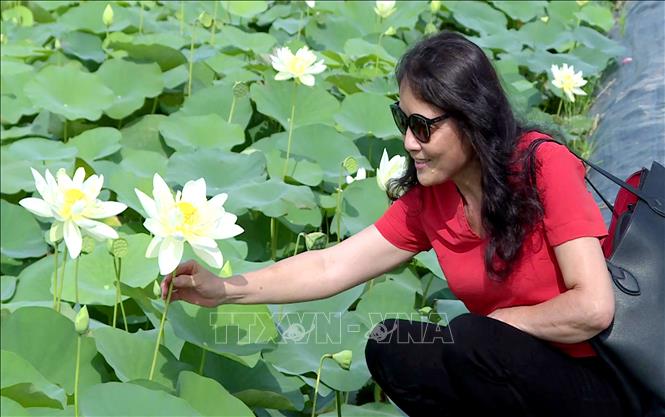
From an ineffective rice field, Van Dai Cooperative in Hong Minh Commune has converted to growing lotus and other flowers, attracting tourists to visit and experience. Photo: The Duyet/VNA
Ms. Pham Thi Huong, Deputy Director of Thai Binh Organic Farm Cooperative, said that with a greenhouse area of over 4,000m², she boldly imported Korean milk grapes to grow, organic farming combined with high technology with drip irrigation system, automatic mist irrigation to provide water regularly, economically, effectively and the trellis system creates an airy space for the plants to grow. Currently, the first batch of milk grapes of the Cooperative has a yield of about 6 tons, providing for visitors to experience in the garden and for sale to neighboring provinces and cities.
Mr. Tran Minh Tuan, Secretary of the Party Committee of Hong Minh commune, affirmed that with the advantages of experiential tourism and spiritual tourism, in the coming time, the commune will focus on developing in the direction of a new model rural area - ecological - smart. The main pillar is the agricultural economy applying high technology, associated with the value chain and building concentrated production areas (high-quality rice, vegetables, fruit trees, grapes - asparagus, aquaculture...). At the same time, the commune will preserve, embellish and promote the value of historical - cultural relics, develop spiritual - ecological - community tourism routes; form community tourism routes, craft village tourism - experiential agriculture combined with rural trade and services, thereby contributing to promoting local products and cultural heritage.
Although it is still in its early stages, experiential tourism associated with agriculture in Hung Yen is proving to be highly effective, not only helping farmers diversify their income and increase the value of their products, but also contributing to building an agricultural brand, towards sustainable production. This is an inevitable trend that helps enhance the position and value of the local agricultural sector.
Source: https://bvhttdl.gov.vn/hung-yen-mo-loi-phat-trien-nong-nghiep-gan-voi-du-lich-trai-nghiem-20250806085422785.htm




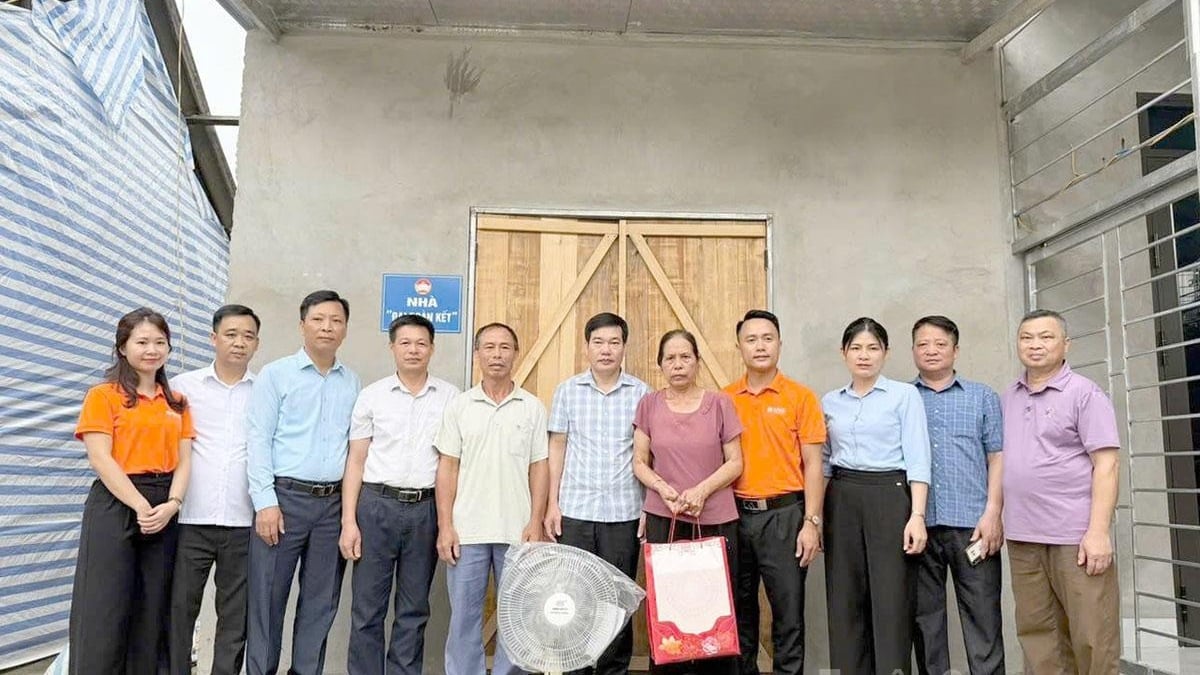
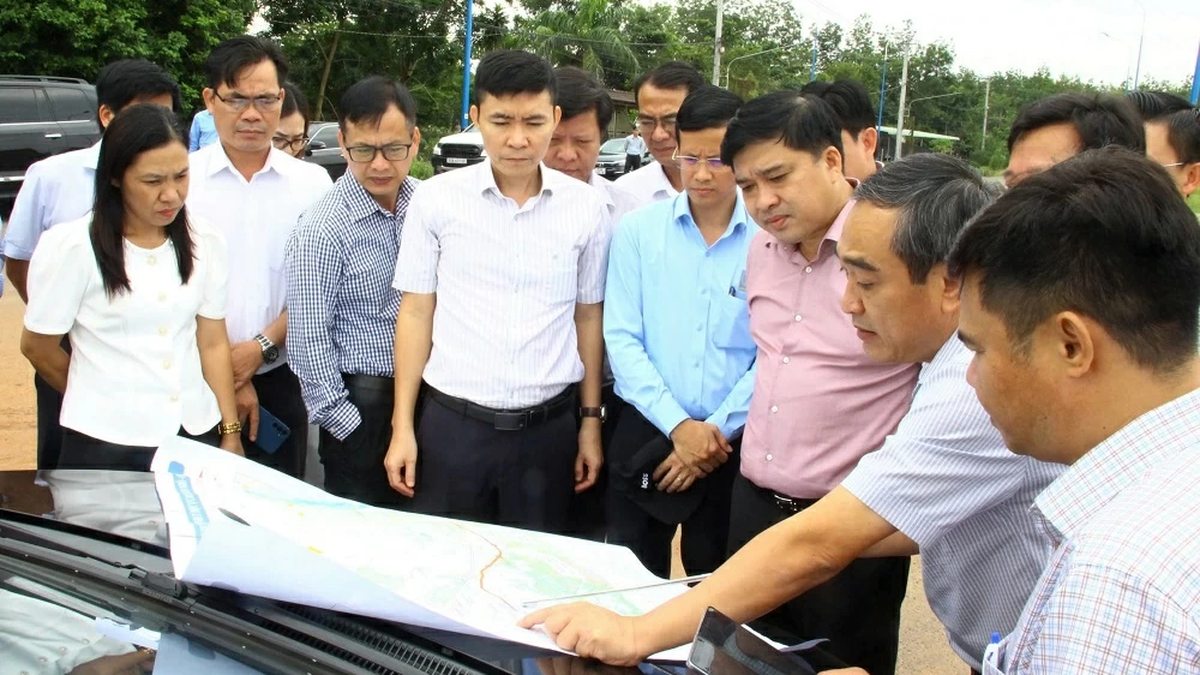

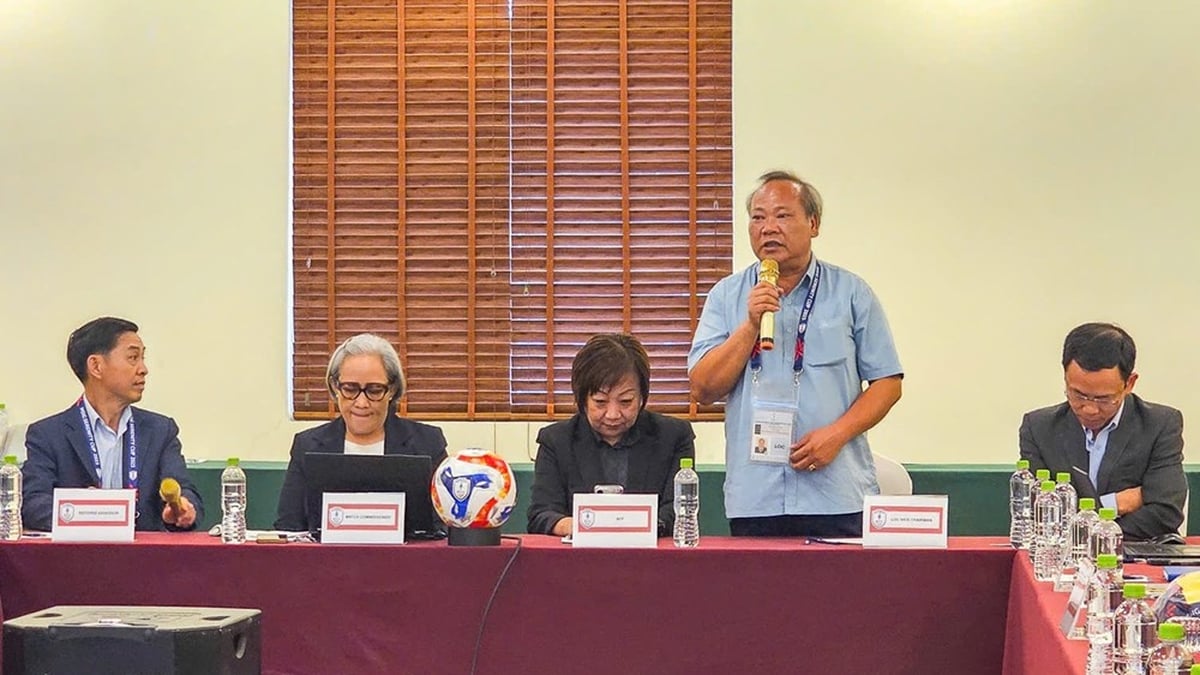
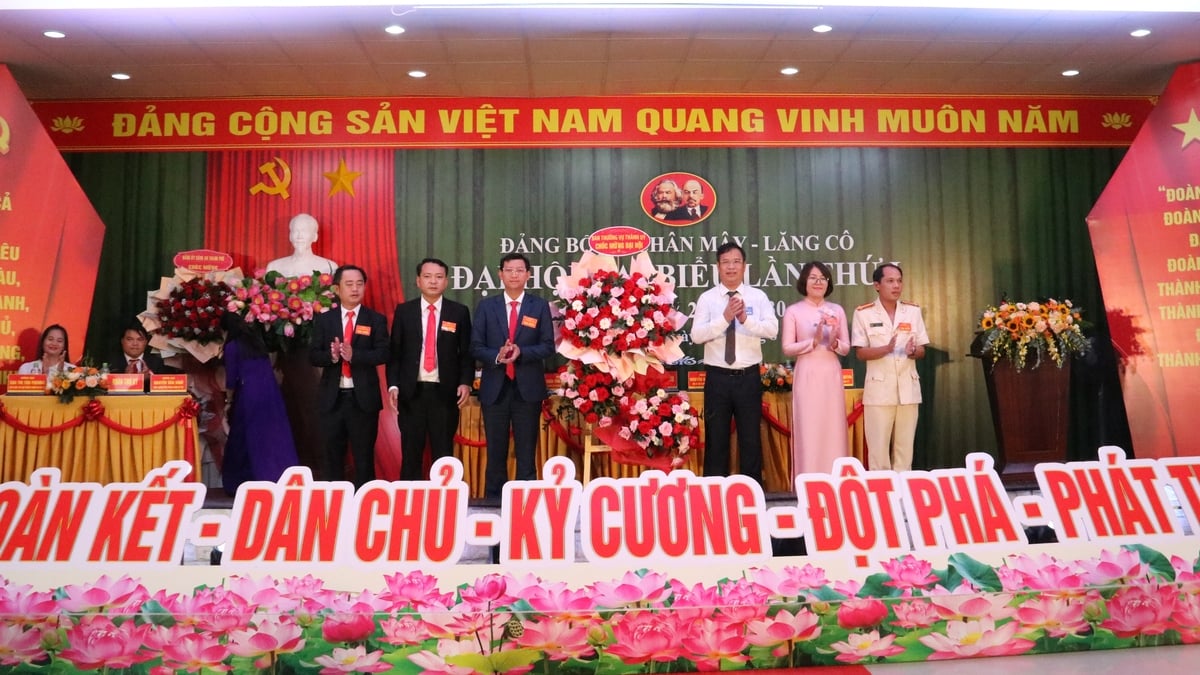
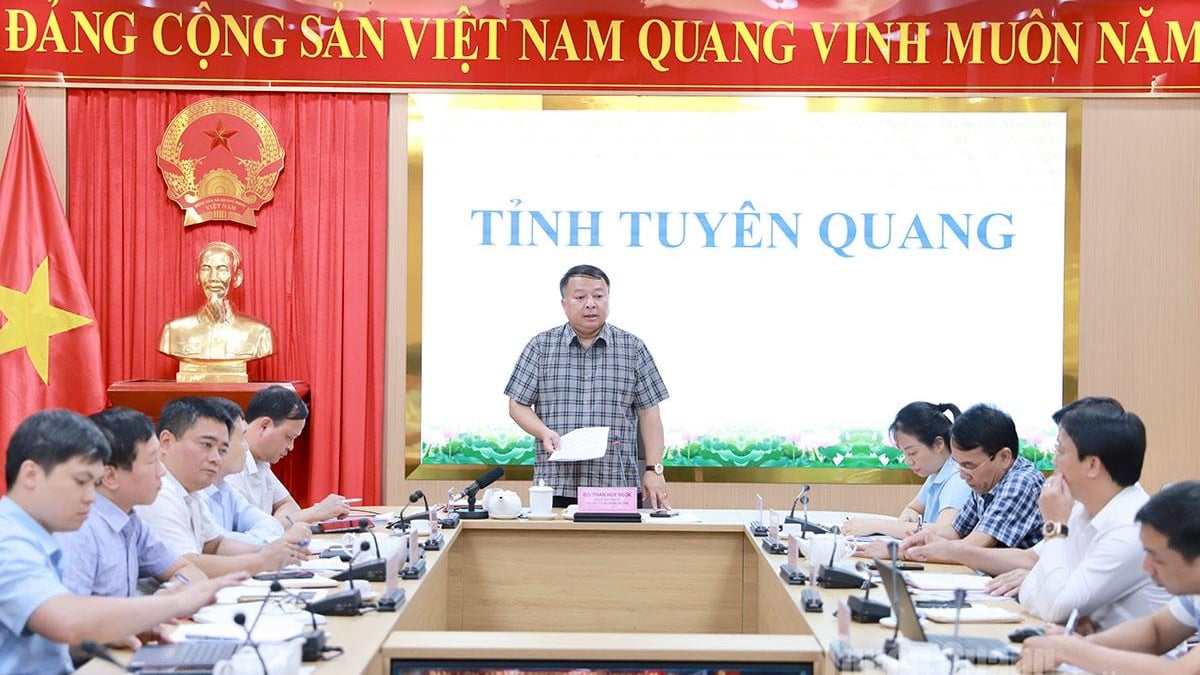


















![[Photo] Nghe An: Provincial Road 543D seriously eroded due to floods](https://vphoto.vietnam.vn/thumb/1200x675/vietnam/resource/IMAGE/2025/8/5/5759d3837c26428799f6d929fa274493)
























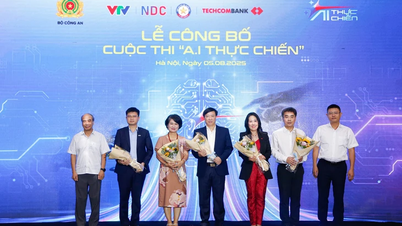
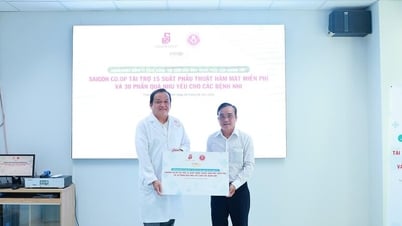






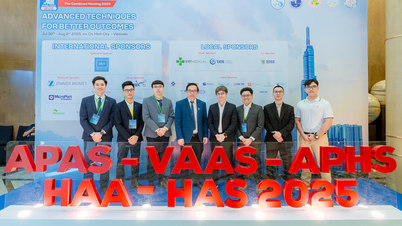

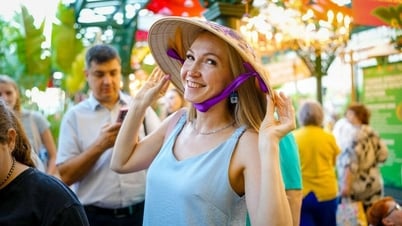
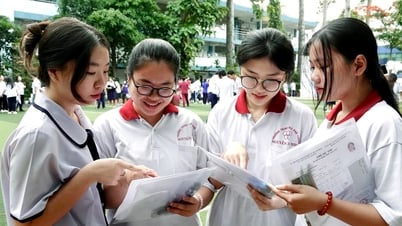


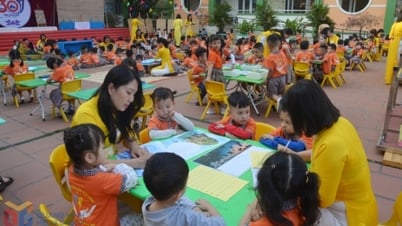

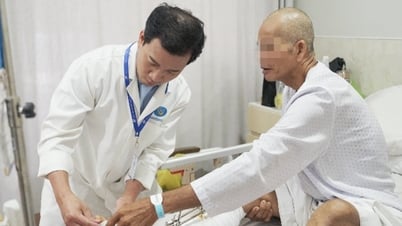



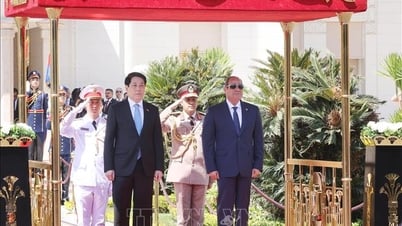
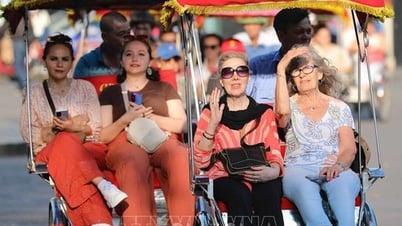
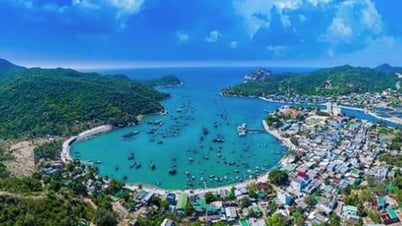
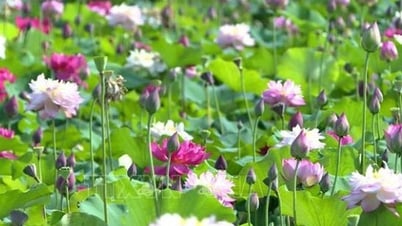





















Comment (0)